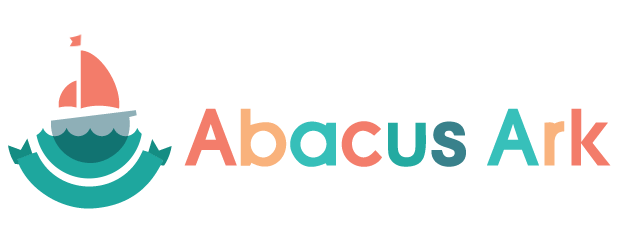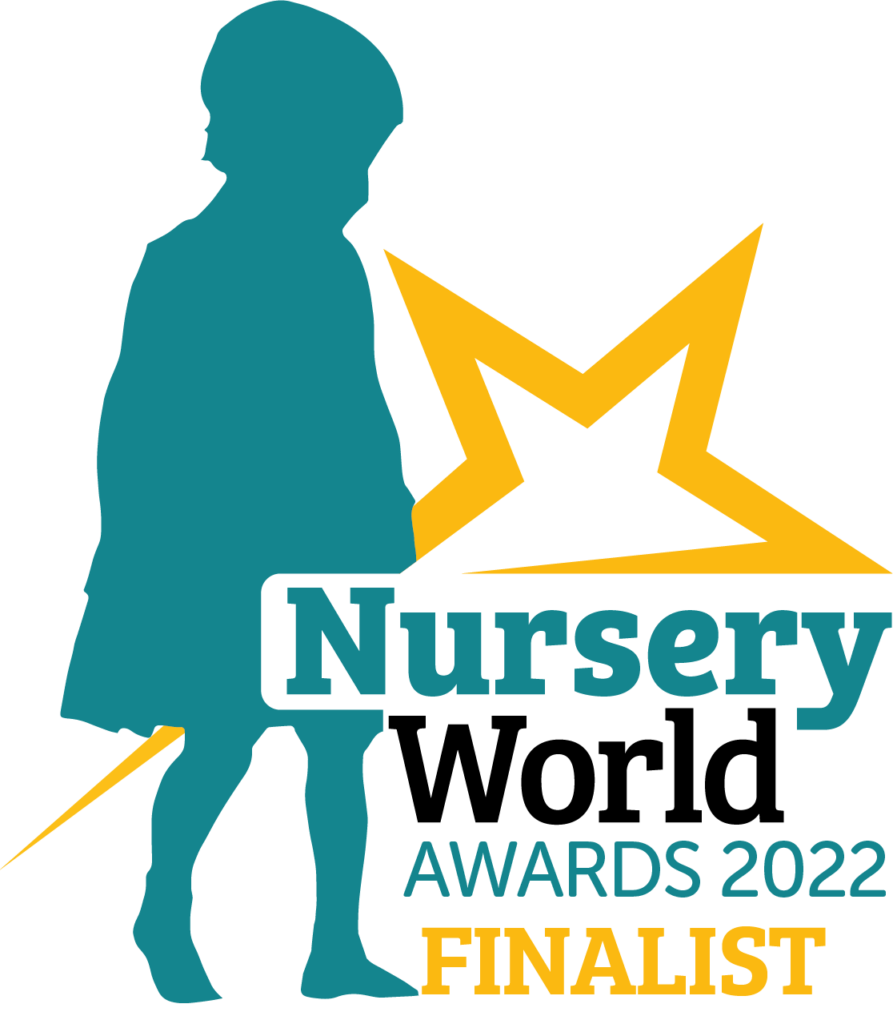Potty training is a subject that prompts so many questions by parents who are eager to have their children out of nappies. Unfortunately, there are not any set rules about this process as children vary so much but, one thing is for sure, until your child recognises the sensation of needing to go to the loo and wants to wear ‘big boy/girl pants’, it is not going to happen easily.
Children are usually ready to potty train between the ages of 2 and 3, but there are always exceptions to this so don’t compare your child to your neighbour’s little girl who is out of nappies during the day at 19 months. This is unusual! The more pressure we put on the children the more difficult the process, so it is important to create a relaxed environment where the inevitable accidents are dealt with calmly and positively and children are encouraged to take responsibility in changing themselves and keeping clean.
A good way to start the process is to allow children to watch you go to the loo and talk about what you are doing. They are often very curious and will ask questions and their interest may be an indication that they want to start sitting on the potty or loo. It is important to use the toileting routine for children to mimic and absorb and they learn how to wipe their bottoms and wash their hands when finished as a matter of course – also ensuring good hygiene practice as they grow up.
Potties are great because the children can take them anywhere in the house and chat to you while you are preparing supper, or sit and read a book, they are easy to get on and off and sitting on the potty with feet firmly on the floor relaxes the pelvic muscle. However, some children prefer to use the toilet and by providing a smaller seat and a step you are encouraging them to use the loo independently.
I have sourced some excellent articles that give helpful tips on potty training but please remember that the teachers at Abacus Ark are very experienced in this subject and will work together with families to create consistency and a positive and painless experience. They will be able to offer expert advice about when your child is ready and suggest ways to encourage and, when necessary, create individual incentives for the reluctant.
Related articles
Here are some excellent potty training tips from the following;
NHS- ‘How to Potty Train’
Advice from Supernanny- Potty Training – our top tips
Information from the Healthy Children Organisation- Emotional Growth needed for Toilet Training



